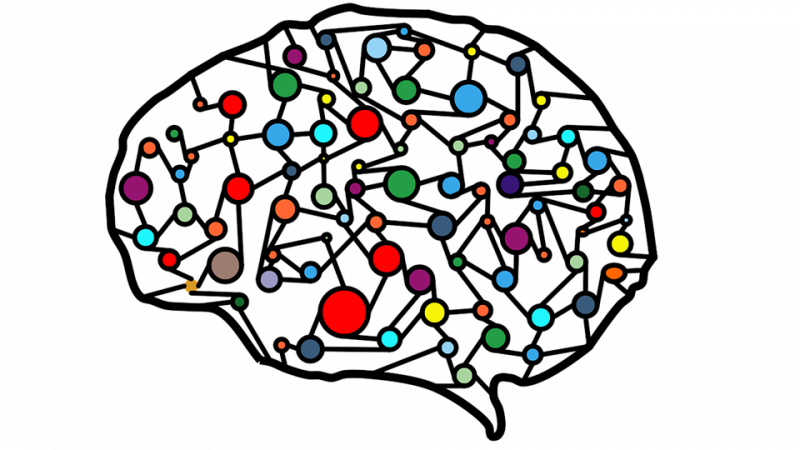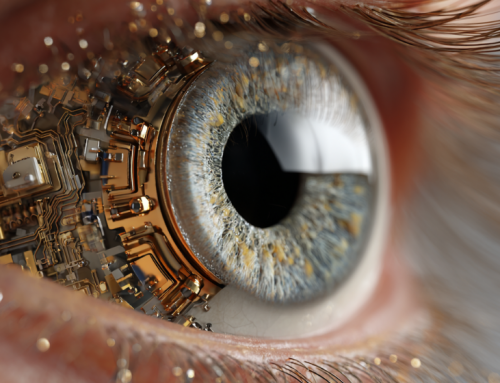Research Shows New Methods Make Neural Networks 200xs Faster
According to a report in MIT News, researchers at MIT developed a machine-learning algorithm that helps AI build itself 200 times faster than a traditional engineering model and may help “democratize” AI.

MIT News reported that researchers developed an algorithm that can provide “push-button” development for certain programming tasks. Image Credit: Chelsie Turner, MIT
The Neural Architecture Search (NAS) “can directly learn specialized convolutional neural networks (CNNs) for target hardware platforms running on an enormous image dataset in 200 GPU hours.” The idea is to help engineers eliminate the need for repetitive tasks in building systems, according to one researcher.
“We want to enable both AI experts and nonexperts to efficiently design neural network architectures with a push-button solution that runs fast on a specific hardware,” said report co-author Song Han, an assistant professor of electrical engineering and computer science and a researcher in the Microsystems Technology Laboratories at MIT.
The MIT News story said researchers developed ways to delete unnecessary neural network design components, cut computing times and use only a fraction of hardware memory to run a NAS algorithm. Also, each outputted CNN runs more efficiently on specific hardware platforms — CPUs, GPUs, and mobile devices — than those designed traditionally. In tests, the researchers’ CNNs were 1.8 times faster on a mobile phone than traditional models.
In a story in ExtremeTech.com, the development shows how “huge improvements” can still be made in machine learning performance.
“…over time the field will be constrained by the same discoveries driving it forward. Accelerators and AI processors offer tremendous near-term performance advantages, but they aren’t a fundamental replacement for the scaling historically afforded by the advance of Moore’s law.”
According to Engadget.com, the significance of the breakthrough is that it can radically reduce cost and time in developing neural networks.
“Even for Google, producing a single convolution neural network — often used for image classification — takes 48,000 GPU hours. Now, MIT researchers have developed a NAS algorithm that automatically learns a convolution neural network in a fraction of the time⏤just 200 GPU hours.”
By developing a faster process, more engineers could use and experiment with NAS, and adopt AI as part of their systems.
“While this is certainly not uncomplicated, it could be a step toward putting AI and machine learning in the hands of more people and companies, freeing it from the towers of tech giants,” Christine Fisher of Engadget.com writes.








Leave A Comment